Inside the nursing field
January 8, 2019
By MADISON RINDAHL
The Mirror reporter
Joanna Bradford fell in love with nursing because she knew every day that she was helping someone who was in need. Bradford went back into college when she was 35 years old to pursue nursing. She worked for 27 years as a public health nurse. There was never a dull moment in her job and the amount of passion she has for nurses and nursing is amazing.
Why did you go into Public Health Nursing?
When I was in nursing school we did rotations in different areas of nursing, for example, pediatrics, orthopedics, psychiatric nursing. When I completed my Public Health rotation I knew I had found my niche.
Is nursing a hard job to do?
Yes, it can be challenging. I worked in the hospital for three years before I got a job in Public Health and in the hospital setting knowing that you are the point person to recognize when things are going wrong in one of your patients is stressful but rewarding. You need to really know your skills; you cannot pretend you know what you are doing. In Public Health you have great autonomy in your decisions and are often on your own in the community. That can be stressful as well since there you need to be sure you are making the wisest decisions knowing that you will impact someone’s life.
What are some of the things nurses do that go underappreciated?
I think hospital nursing is already greatly appreciated because when you are ill and someone cares for you, you tend to appreciate it. In Public Health you are working with people who are under the radar and the public does not often see the work we do. We work with the mentally ill, people with disabilities of every kind, the elderly, the uninsured, the homeless, the young mother who does not know how to mother, the elderly, the chronically ill etc. We track communicable disease in the community, provide immunizations, administer programs that aid children, work with social workers in Adult Protective Services and Child Protective Services and much more. I don’t think the public knows how much is done to keep those vulnerable people safe in their community.
What was the hardest part of nursing school and why?
The hardest part was when you had to perform procedures for the first time; the second hardest thing was all the knowledge you have to absorb so you can be a safe nurse.
What did you do as a Public Health nurse?
When I was in Public Health I was able to help a homeless person find a place to live. To help elderly individuals find the resources to stay in their home rather than go to a facility, help those who needed placement find it, problem solve issues for those who could not do so for themselves. And get children immunizations and check-ups.
What are the main stereotypes of nurses?
Nurses are stereotyped as being in submission to doctors to the point of being servants. Although this was more common in the past (nurses had to stand when a doctor entered a room!) nothing can be farther from the truth. Although nurses must work under a physician and follow doctor’s orders, nurses are charged with oversight of a person’s care and have the responsibility to question any order that may be detrimental to the patient. A nurse is the one person who monitors minute-by-minute care and fluctuations in the patient’s condition. Public Health Nursing is not well understood unless someone has contact with them; people are not sure what they do.
Why is nursing important to you?
I have felt that every minute of my nursing career has been a time when I helped a person or community in some way. I am fortunate to have a career that I love.
Do you think there is more of a demand for nursing now?
Yes! There currently is a shortage of nurses here in our county. Nurses will always be needed in the hospital and the community. This is a career where anything is possible.






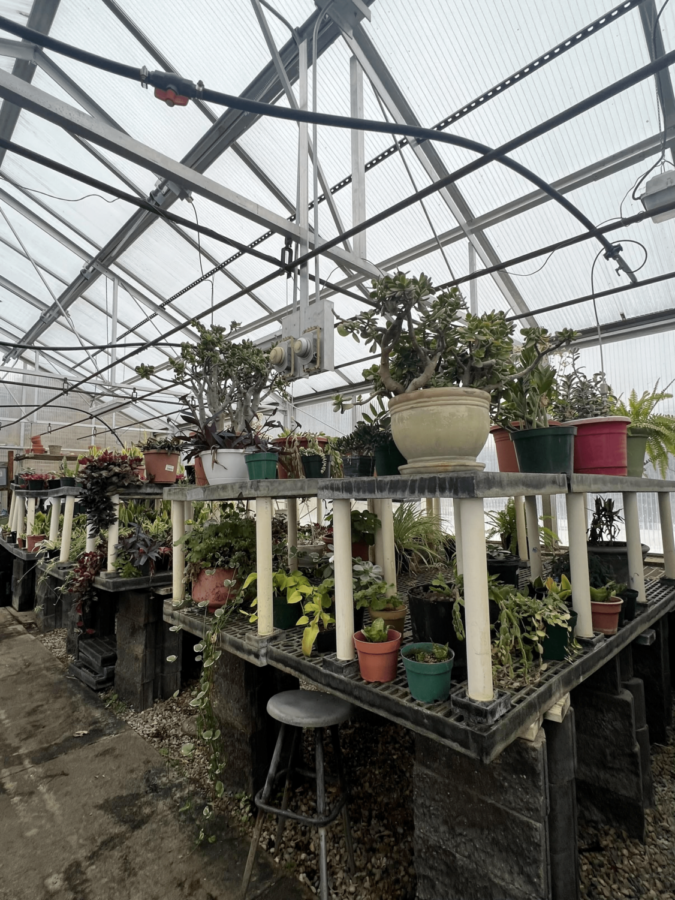

















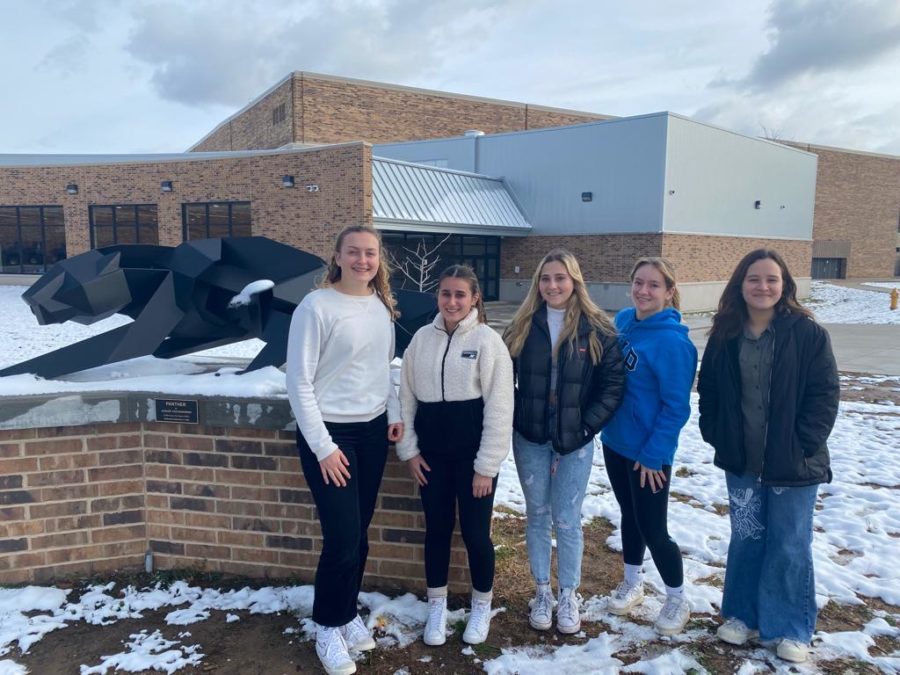

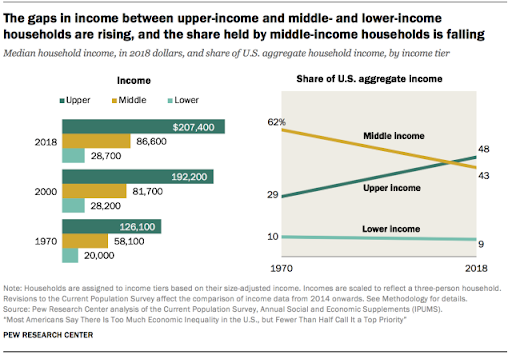
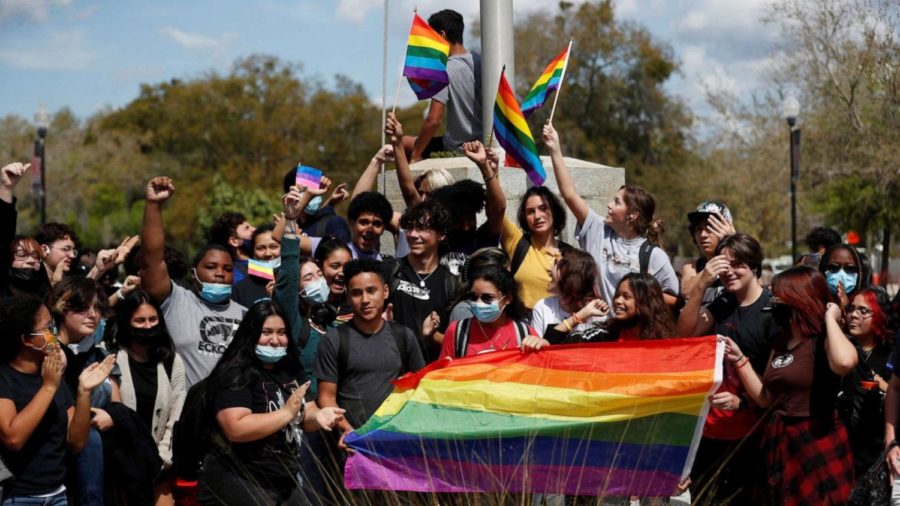






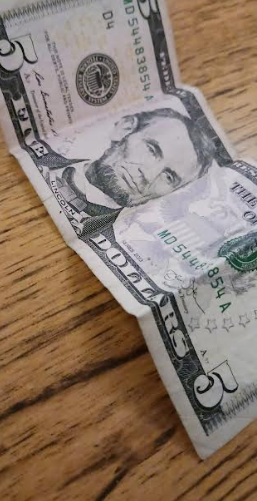



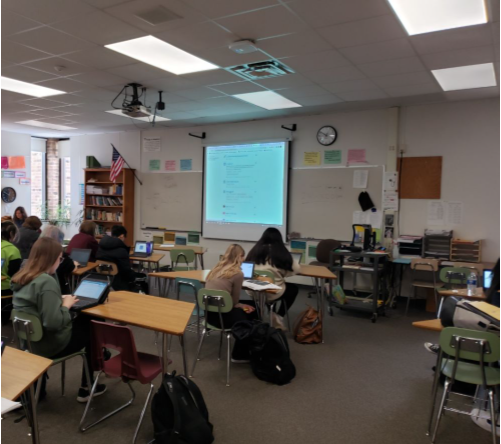
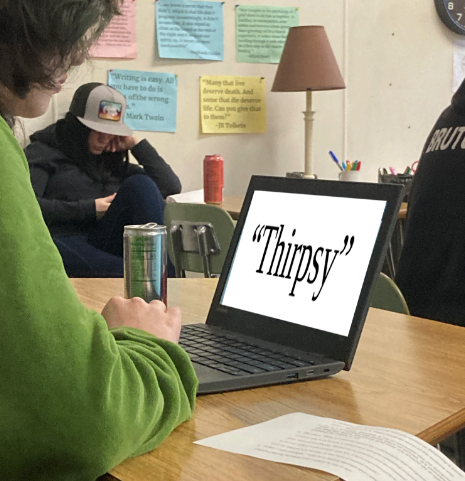


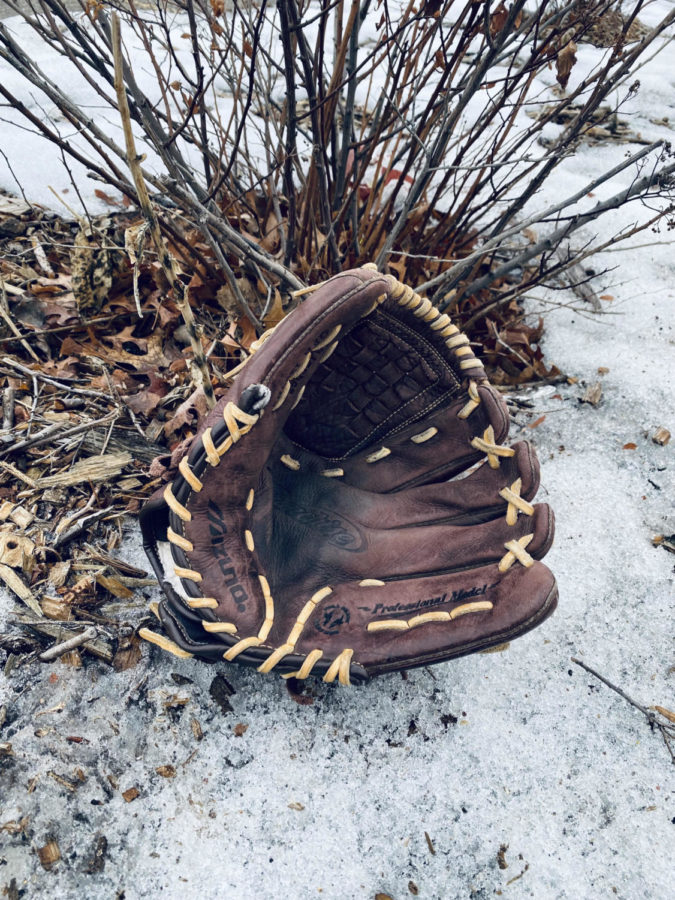

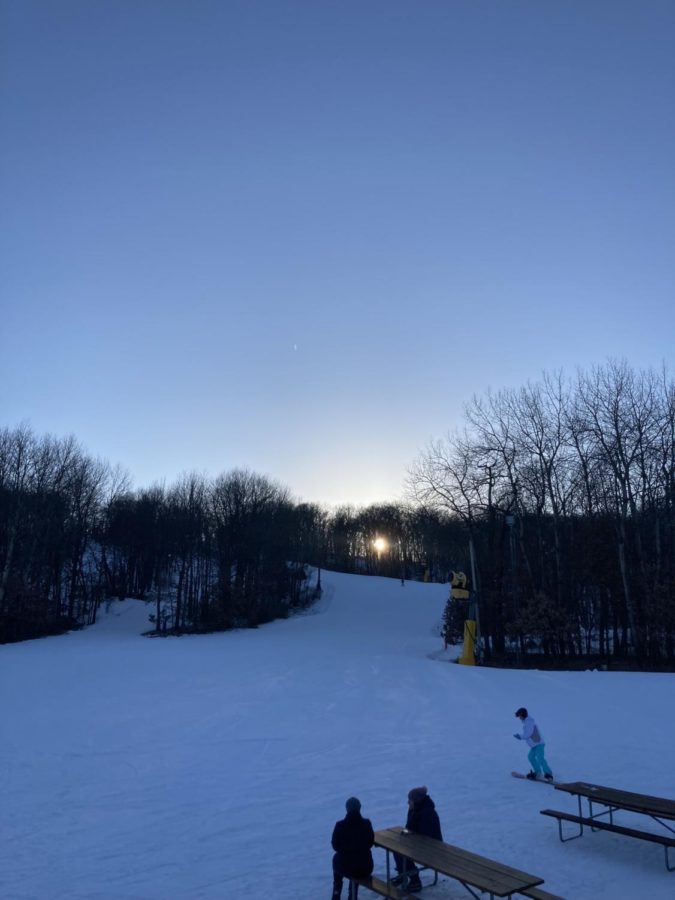
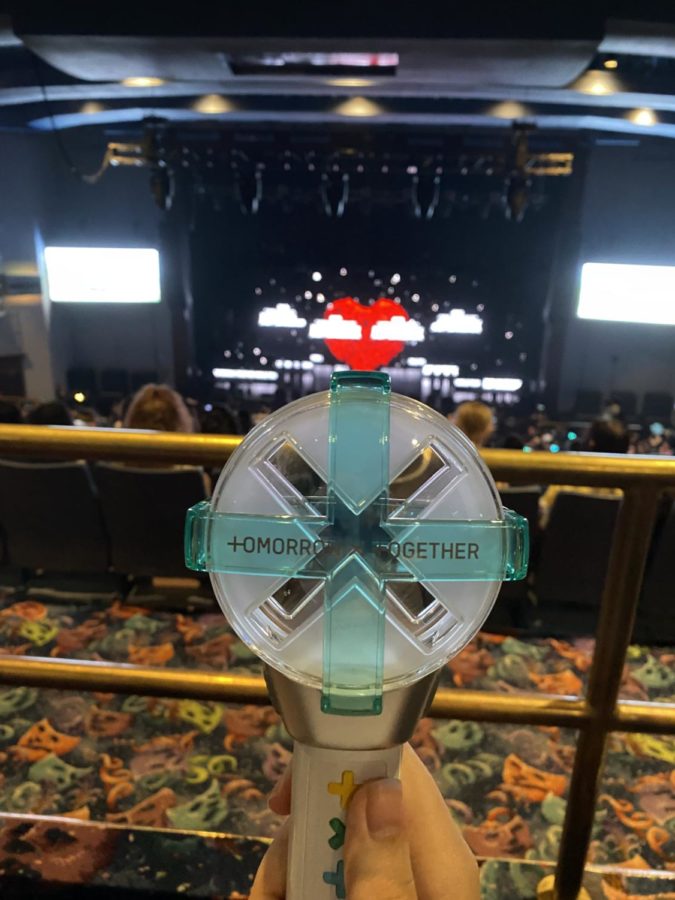

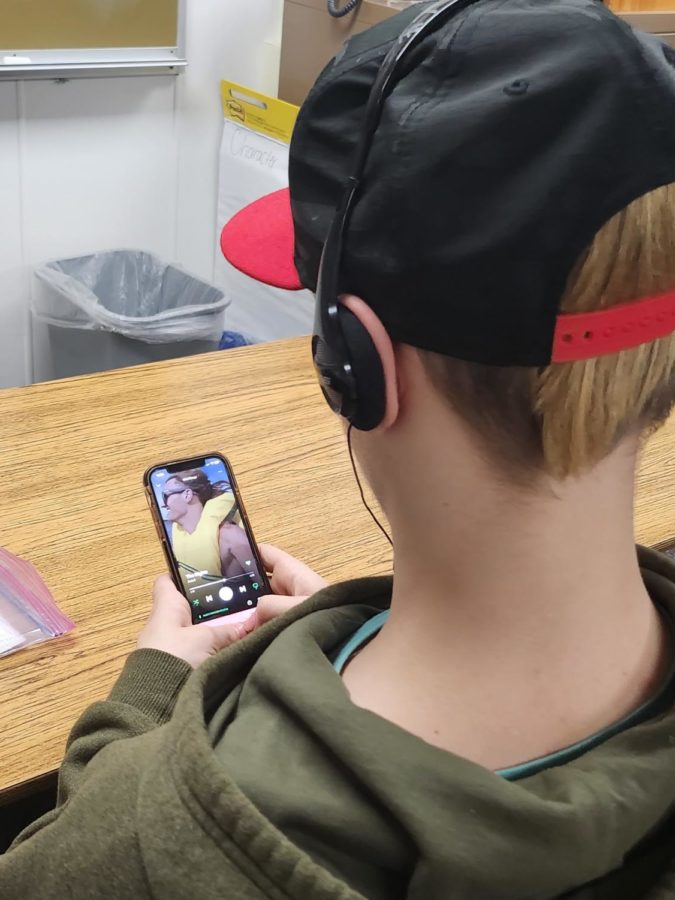








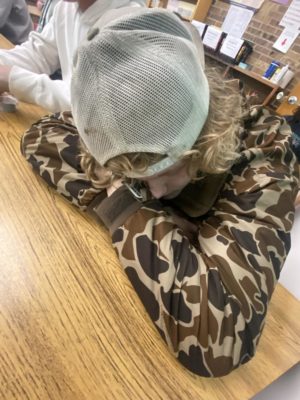


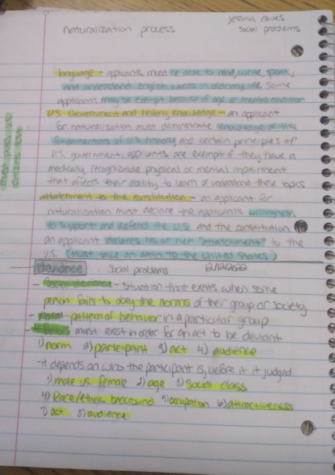
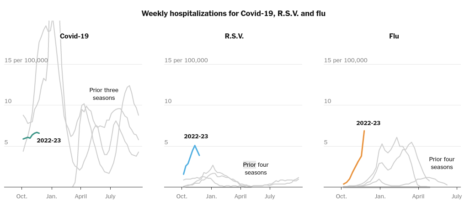
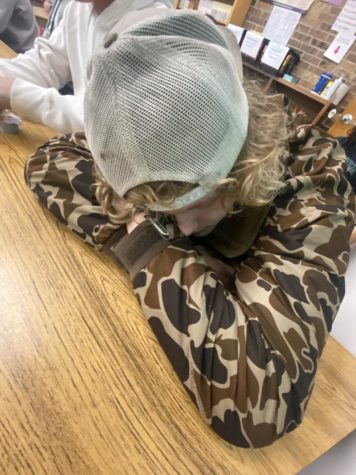

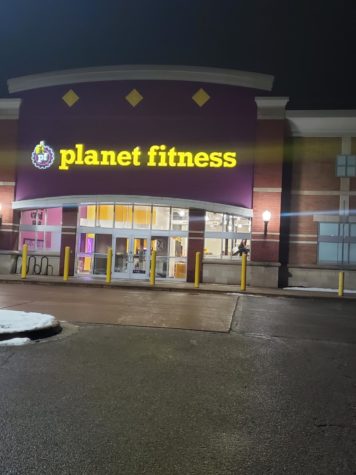
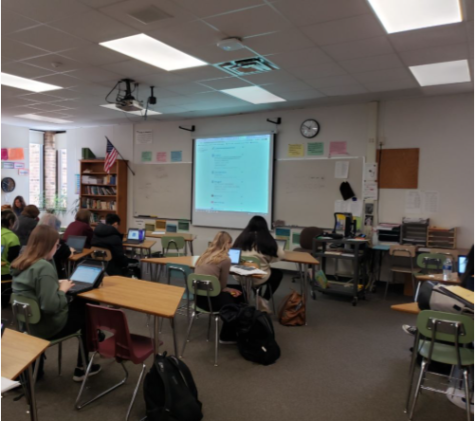
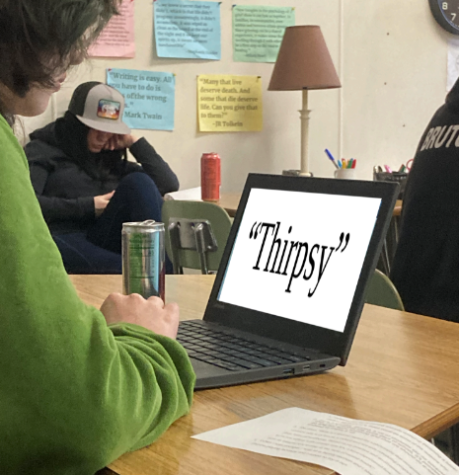
Soren Luther • Jan 11, 2019 at 11:18 AM
Nursing seems like a rewarding job. We are very lucky to have people such as Ms. Bradford in our lives so that we can be safe and healthy. Good job on your article! Keep up the great work!
Lauren Huebner • Jan 11, 2019 at 10:48 AM
I feel like nurses are more important than doctors sometimes. When I have a checkup I talk to the nurse and they get my vital signs. Then the doctor comes in looks at what the nurse did, asks a few questions, then they leave.
Bryant VanRossem • Jan 11, 2019 at 10:47 AM
Great Q&A. It was very interesting subject you chose. I’m surprised by the stereotype that people view nurses that way.
Justice Chukwuemeka • Jan 10, 2019 at 10:57 AM
Absolutely!, nurses are needed. My brother goes to Mid-State and is doing his nursing program. I have seen some of the things they do. It’s difficult really but will pay off in the future. One time I had to act like a patient for one of his exams, I thought it was amazing how the school makes it so realistic!!. Great article!!.
Hlee • Jan 9, 2019 at 11:13 AM
I didn’t know that there was a shortage of nurses in our county and it’s nice to learn about that. I want into the medical field so it’s really nice to learn about what nurses do and what’s the hardest part when she was still in nursing school.
Rachel Placeway • Jan 9, 2019 at 11:09 AM
I think the introduction could have talked a little more about where Bradford worked. Nonetheless, I loved the questions you asked and the answers were great. Overall the article was really informative to read.
Willow Kluck • Jan 9, 2019 at 10:49 AM
The nursing field is such a great field. It is great that you wrote about something so important. You asked some great questions and had very good answers. The nursing staff anywhere do so much and I’m glad that you talked about what some nurses go underappreciated for.
Maryann Silva • Jan 9, 2019 at 8:37 AM
I’ve always wondered about the nursing field!! I’m glad she enjoyed being a nurse. Thanks for the great questions and answers. Great job Madison.